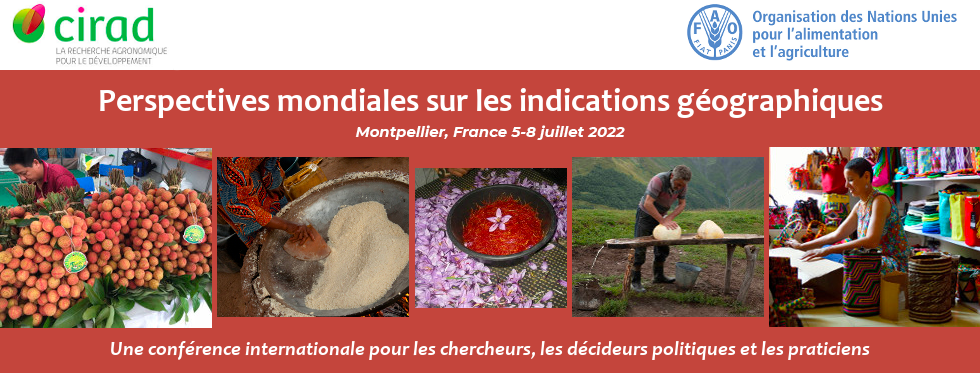This article explores knowledge and power in the implementation of a geographical indication (GI) label for Galápagos Islands coffee, a project developed by Ecuador's Ministry of Agriculture (MAG) with assistance from France's National Institute of Origin and Quality (INAO). Based on the French notion of terroir or ‘the taste of place,' a certified GI identifies a particular agro-food product as originating in a particular territory and suggests that a given quality, reputation, or other characteristic of the product is essentially or exclusively attributable to its geographical origin. Previous scholarship on GIs in developing contexts has focused on the political struggles inherent in defining and institutionalizing the link between place and product that merits GI protection, yet these works have largely taken the knowledge produced to define terroir as objective and apolitical. In contrast, this article approaches the production and deployment of knowledge as socially structured and politically motivated processes that reflect and reproduce development discourses and material relations.
Using content analysis of relevant documents and semi-structured interviews with 21 key stakeholders, including agronomists, policymakers, and coffee producers, this article applies the concept of ‘co-production' from science and technology studies (STS) to approach the mutual shaping and legitimizing of knowledge and politics in this rural development project. The Galápagos Islands are renowned worldwide as a conservation success story and eco-tourism destination, yet the archipelago has also been the site of conflict over the sustainability of human habitation. State institutions used the promise of higher income from the protection of the Café de Galápagos GI to encourage agriculturalists to manage invasive species and become ‘co-responsible for conservation.' In this project, the cultural, economic, and political authority of French GI actors was deployed to legitimize the link between coffee's sensory character and the biophysical, biological, and human factors of its place of production. Policymakers used knowledge of coffee's essential qualities to support a sustainable development agenda for the Galápagos, a ‘natural laboratory' of evolution, but producers linked those very qualities to alternative visions of sustainable farming. The social boundaries of Galápagos coffee's terroir encompass producers who can reproduce–in discursive, epistemic, and material terms–the distinctive ‘culture of conservation' that was made essential to coffee's character.
This article focuses on the production and legitimation of evidence in the definition of Galápagos coffee's terroir and argues for considering legitimacy as a political outcome that is co-productive of cultural and material struggles over heritage and ‘the taste of place' in alternative food initiatives. It suggests that for developing world products entrenched in transnational commodity chains structures and post-colonial relations, place-based food initiatives, such as GI, risk undermining knowledge and heritage when these conflict with state policy goals of agricultural modernization and resource security.

 PDF version
PDF version
